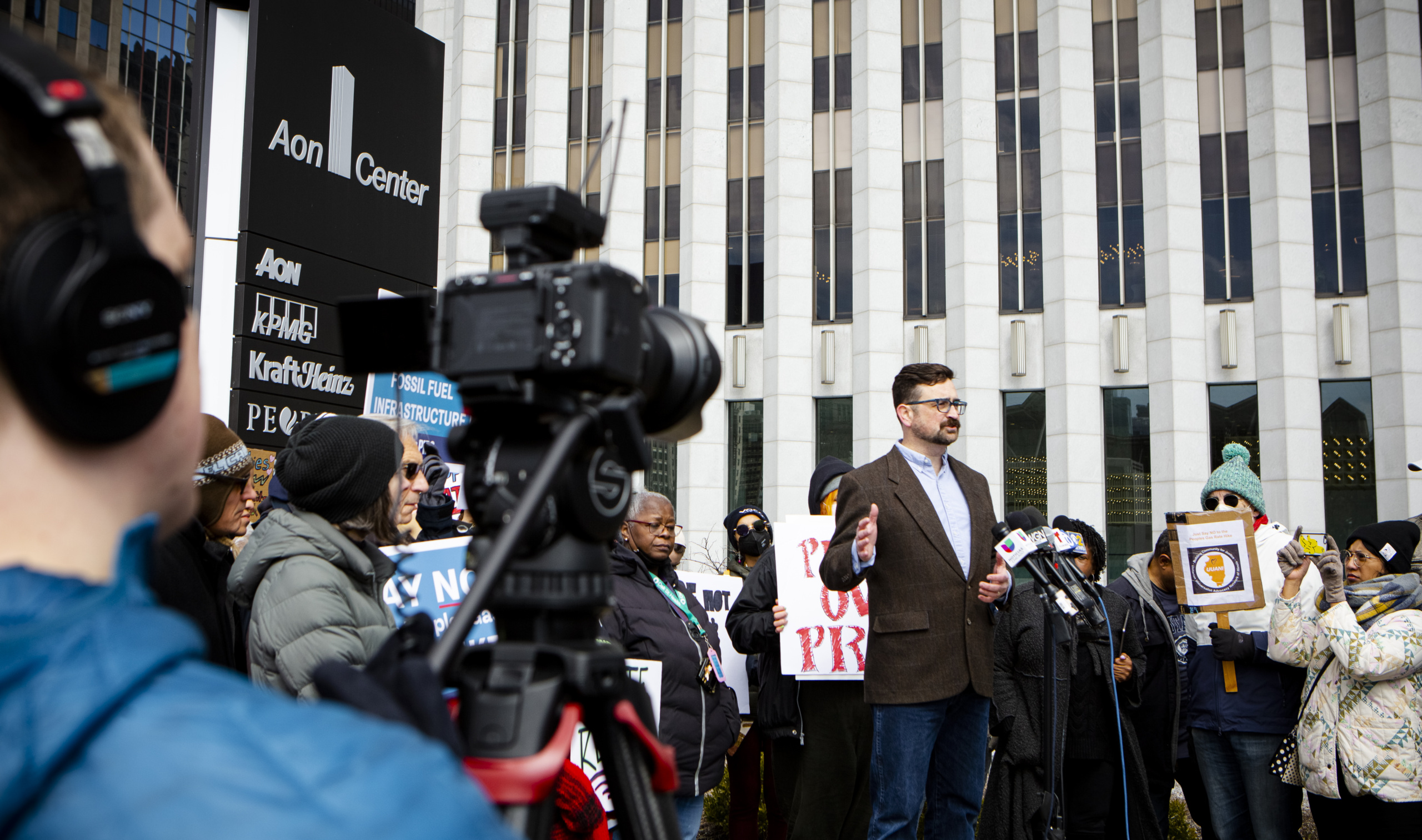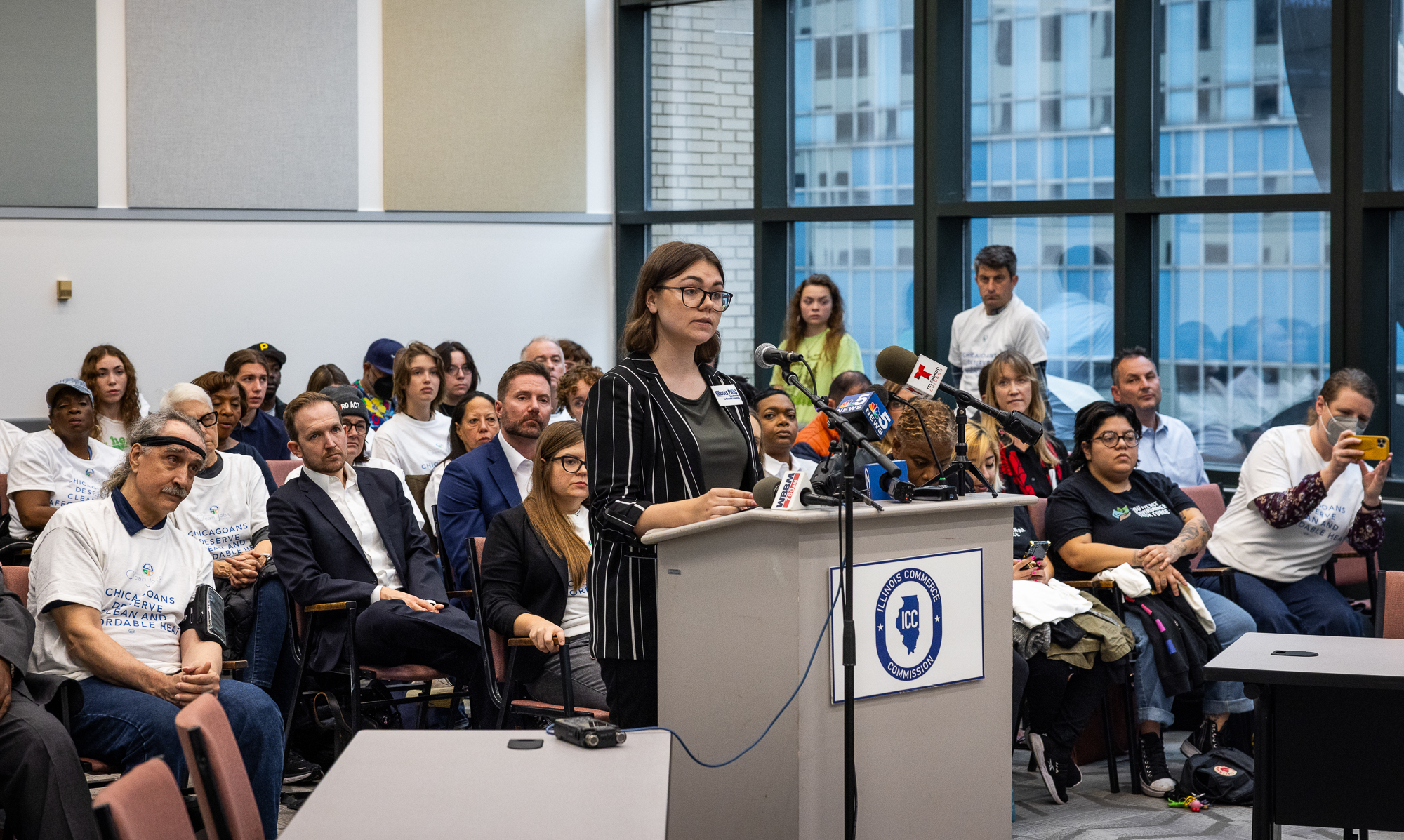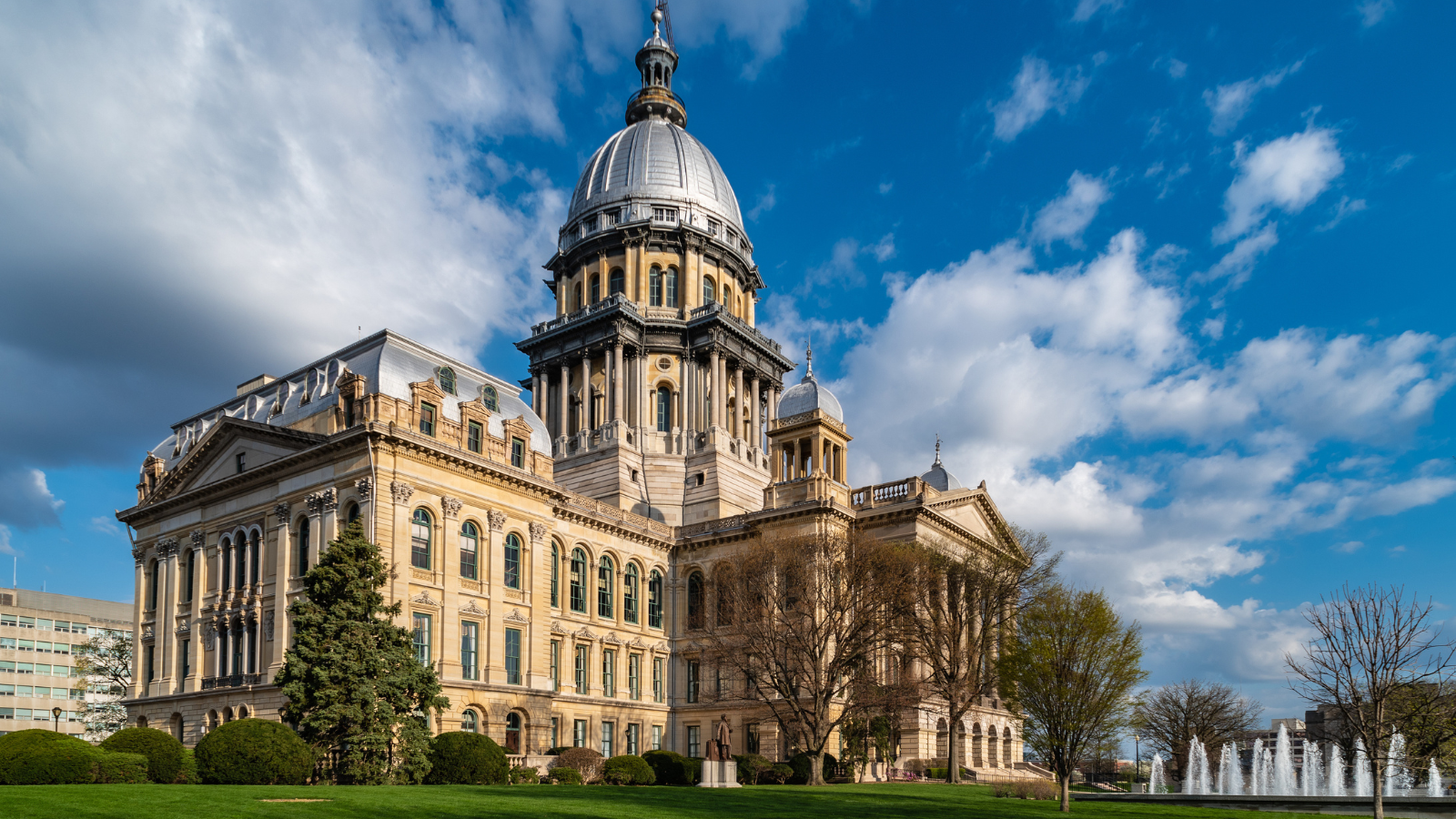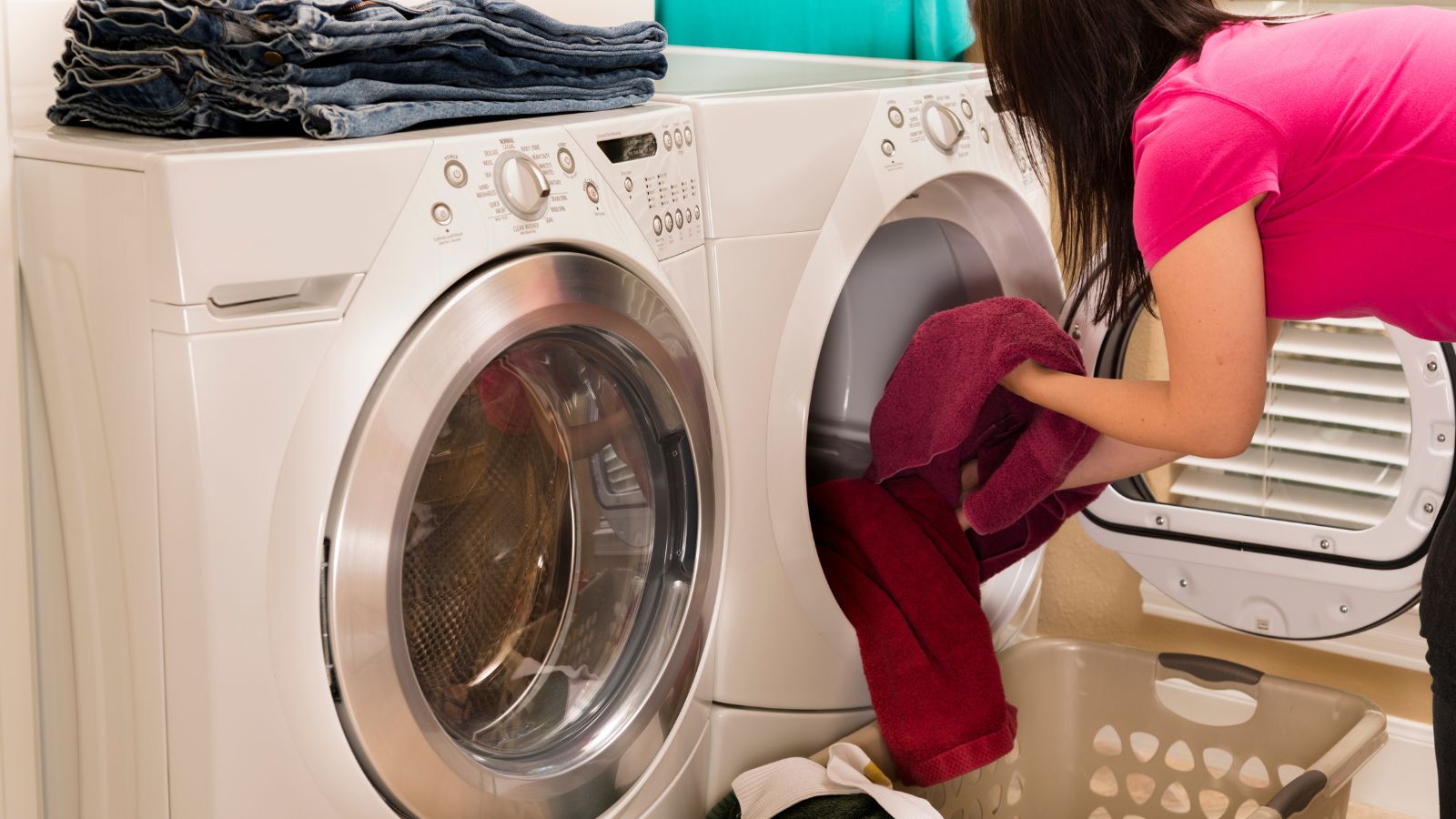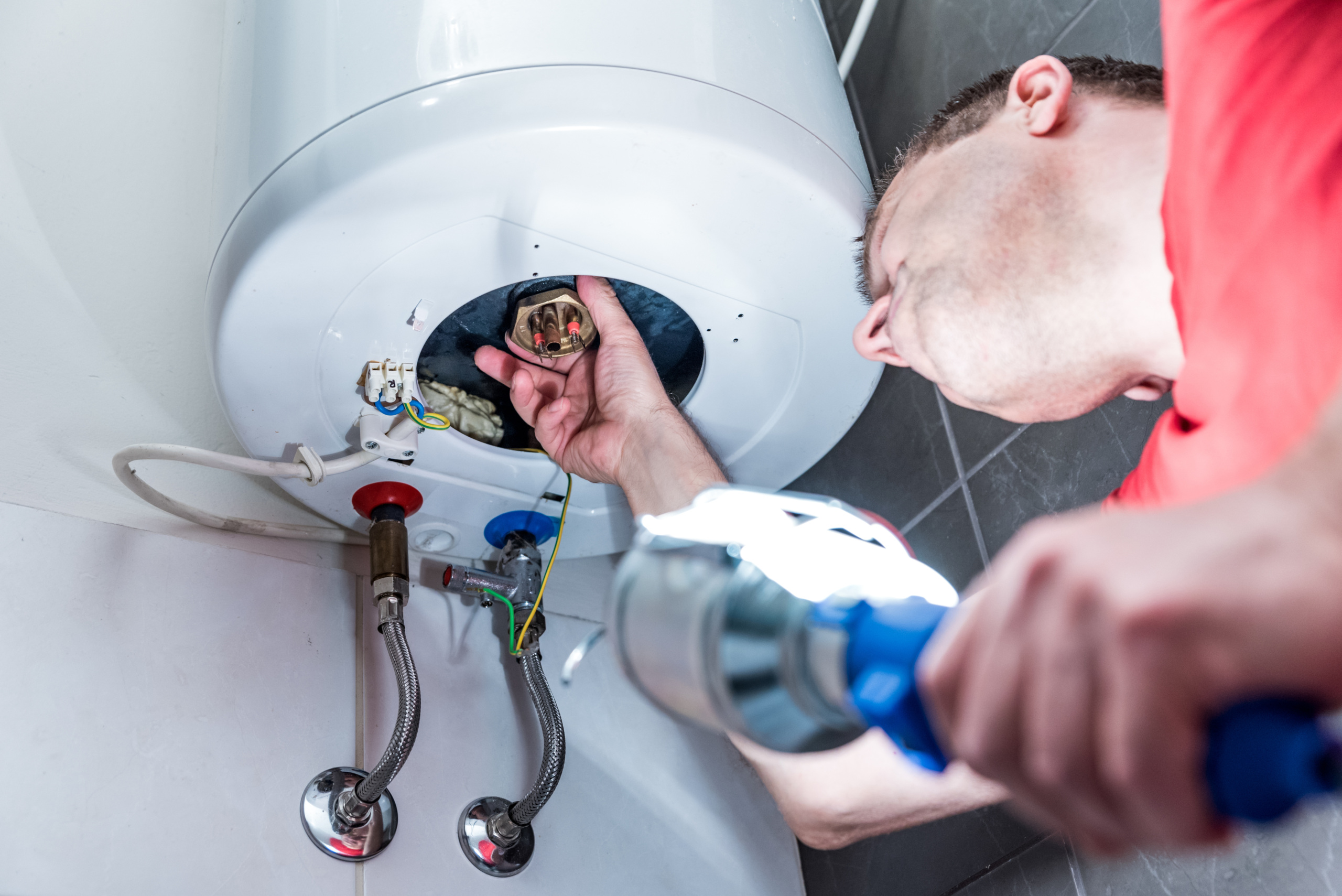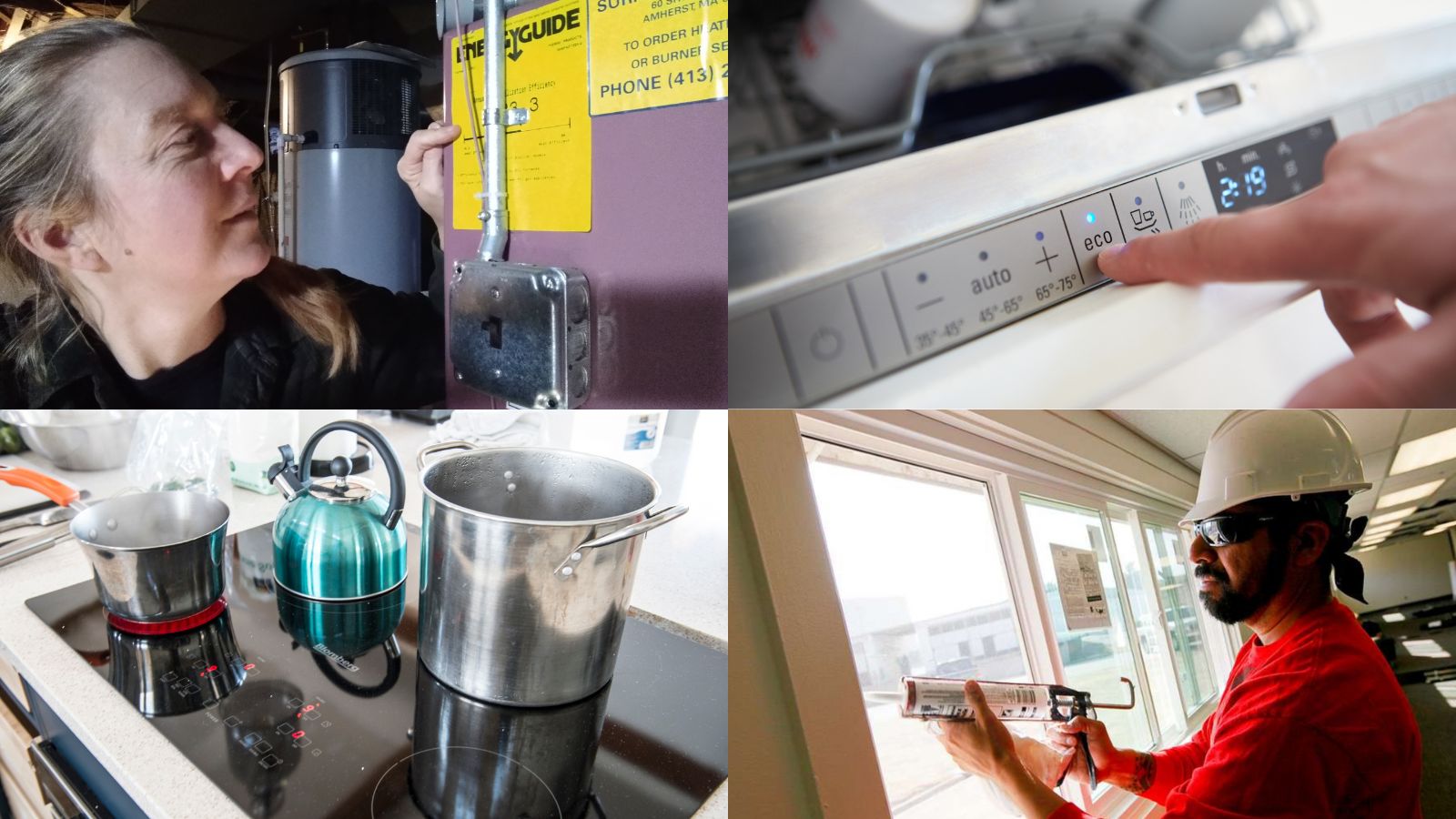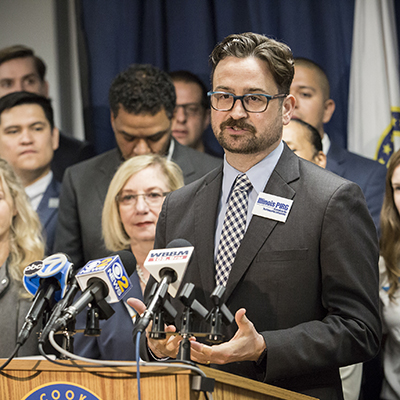
A ‘regulatory earthquake’
Our campaign to end the $11 billion Peoples Gas pipe replacement boondoggle
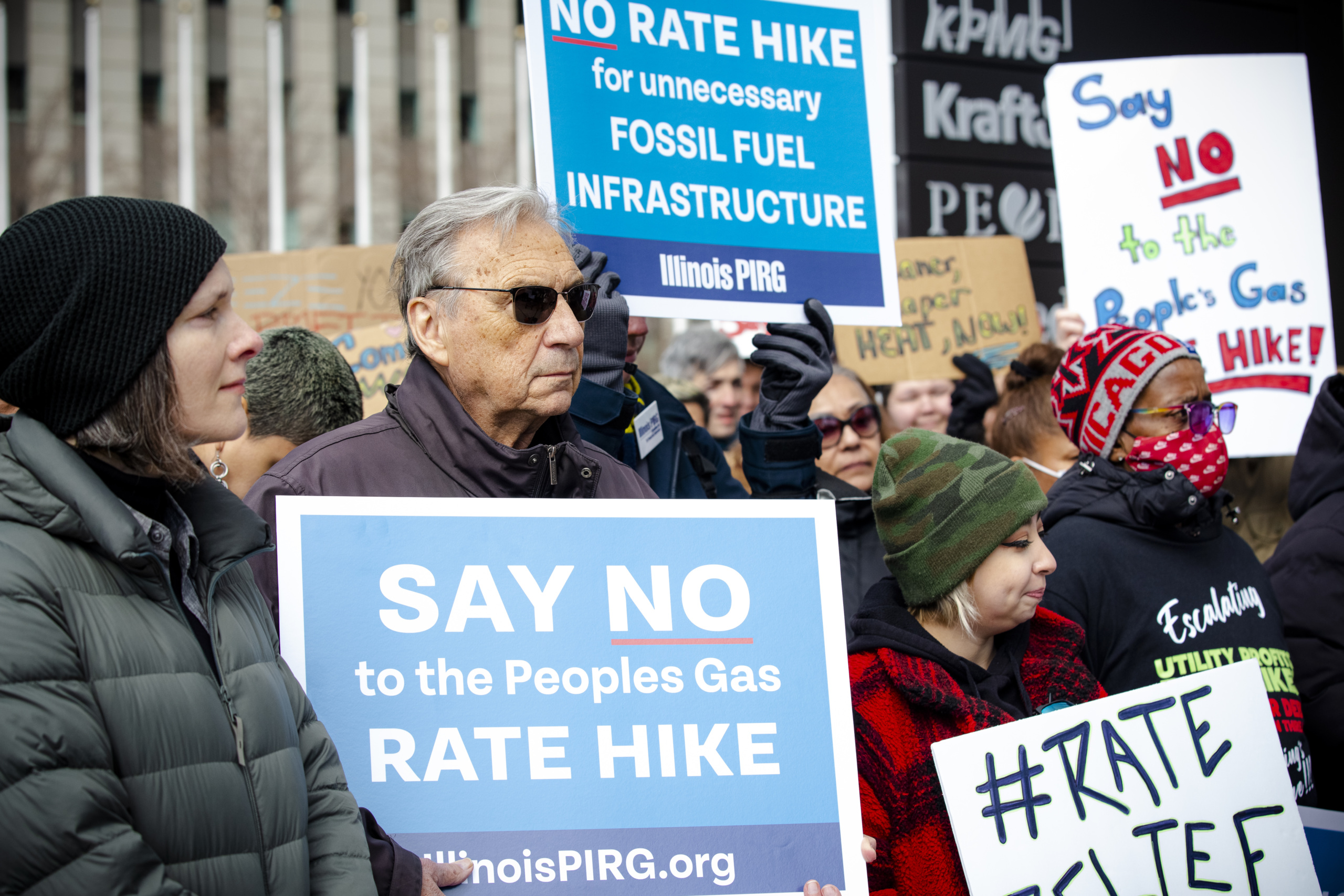
On November 16th the Illinois Commerce Commission zeroed out the $265 million 2024 Peoples Gas pipeline replacement program budget and put the entire program on pause while under formal investigation. I was quoted in the press describing the decision – along with a number of other positive outcomes across three gas utility rate cases – as a “regulatory earthquake.”
Here’s why this was a huge victory for Illinois PIRG and our allies.
Our critique
Peoples Gas is an old utility that has failed to perform proper maintenance. As a result, its pipe system has a large amount of old iron pipes at elevated risk of failing, posing serious public safety risks. Since 2011, the utility has been running an accelerated pipe replacement program. And since 2017, Illinois PIRG has been the program’s most outspoken critic, arguing:
- The program is mismanaged. Its estimated budget ballooned from $1.4 to up to $11 billion dollars. Our analysis of the program’s most recent progress report found it had failed to hit its pipe replacement goals for the 23rd consecutive quarter. It further showed the program was over-budget for the year to date, as it has been every year.
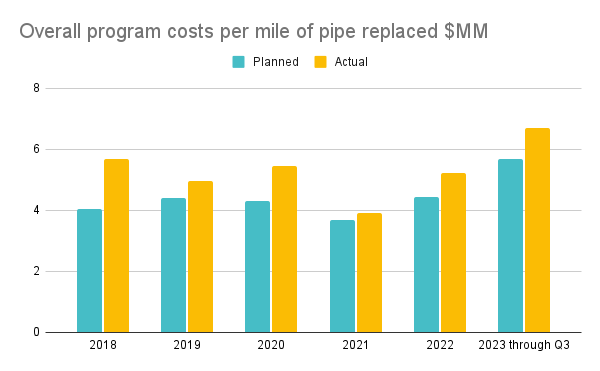
Photo by Staff | TPIN
- The program is not achieving its safety objective. Multiple outside expert reviews found the program failing to reduce safety risk in any proportion to the money spent. In our in- depth 2019 report, we identified why: the program is not actually designed to effectively reduce risk. Instead, Peoples Gas is attempting a much larger overhaul of its entire system, prioritizing neighborhood by neighborhood “system modernization” over risk-reduction.
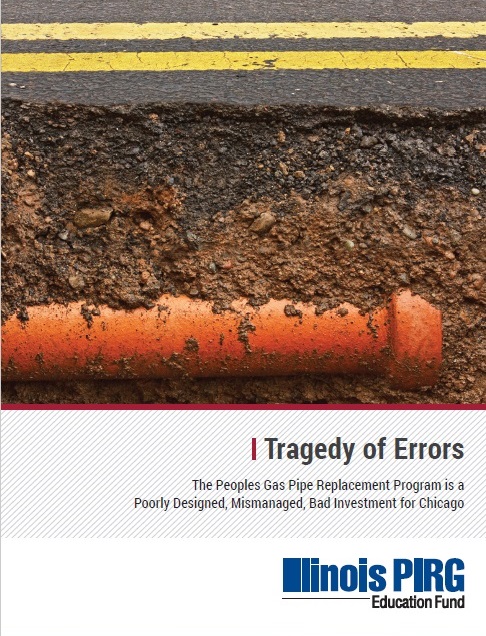
Photo by Staff | TPIN
- The program is causing widespread affordability problems. Roughly one in five Peoples Gas customers is in debt to the utility. The super-majority of that debt is more than 3 months past due – for many, the problem is chronic and entrenched. These problems are clearly more severe for Peoples Gas customers than they are with any other Illinois utility.
- The program is absurd in the face of climate change. At its current pace, the program is on track to wrap up around 2048. To hit Chicago and Illinois’ climate targets, we need to stop heating our homes with fossil fuels by 2050.
For years we’ve called on decision makers to reform the program by jettisoning the unnecessary “system modernization” work and instead prioritize effectively mitigating the risk posed by the aging pipes. In its decision, the Commission highlighted how “neighborhood by neighborhood modernization has failed to adequately prioritize the replacement of high-risk pipe.”
Our Campaign
We began working on this issue in January 2017, at the encouragement of the Attorney General’s office, which has consistently been in the trenches fighting to correct the program’s failures and protect Peoples Gas customers. At the time, the Commission was in the middle of a two-year investigation of the pipe replacement program. Unfortunately, the Commission ended that investigation by rubber- stamping the failing status quo. According to the majority of the Commission at the time, a state law, known as “QIP,” tied its hands.
The QIP law effectively pre-approved billions of dollars of wasteful gas utility spending, circumventing normal regulatory oversight and allowing the utilities to raise rates every month through a surcharge on customer bills. When the General Assembly passed the QIP law in 2013, the House bill sponsor told his colleagues that the average monthly cost to a Peoples Gas customer would be $1.14. In September 2023, the average cost was more than $17.
So while we continued to do all we could to bring attention to the failures of the pipe replacement program, we launched a campaign with AARP Illinois and CUB Illinois to end the QIP law ahead of its scheduled December 31, 2023 sunset.
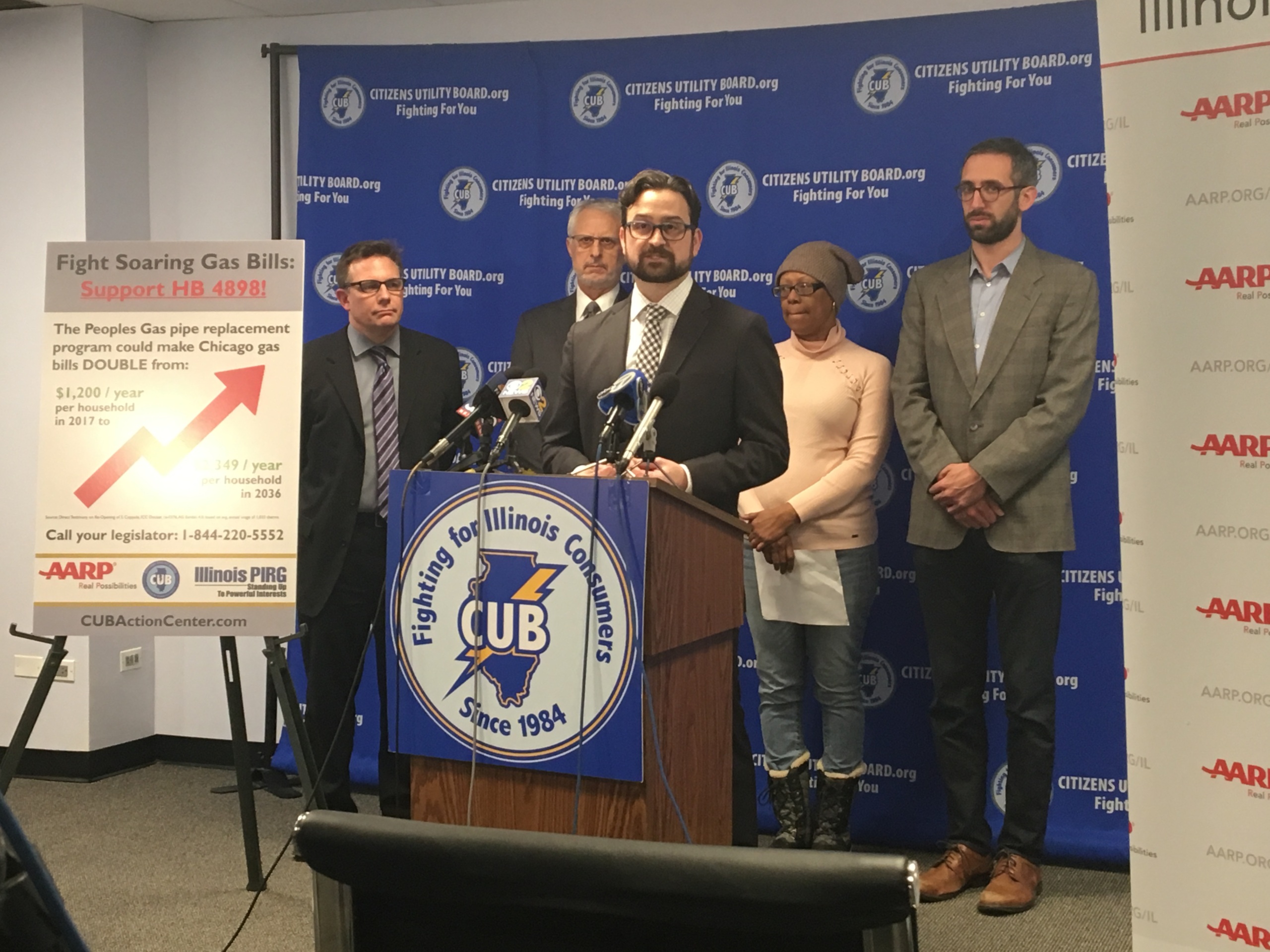
Photo by Staff | TPIN
Our work over this period included:
- Original research and analysis: Our 2019 report is a comprehensive overview of the program and its failings, including historical research showing the company’s failure to run an adequate pipe replacement program going back 40 years.
- When Peoples Gas began filing quarterly program reports in 2018, we publicized analysis showing how the program was consistently “over-budget and behind-schedule.”
- Since utilities began filing monthly affordability data in September 2021, we crunched the numbers to show how much worse affordability problems are for Peoples Gas customers.
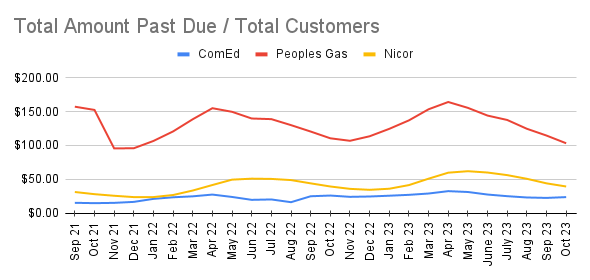
Photo by Staff | TPIN
-
- We reviewed federal financial reports to document how the QIP law and pipe replacement program delivered 6 consecutive years of record profits to Peoples Gas, and how it turned its affordability problems into a profit center through late fees.
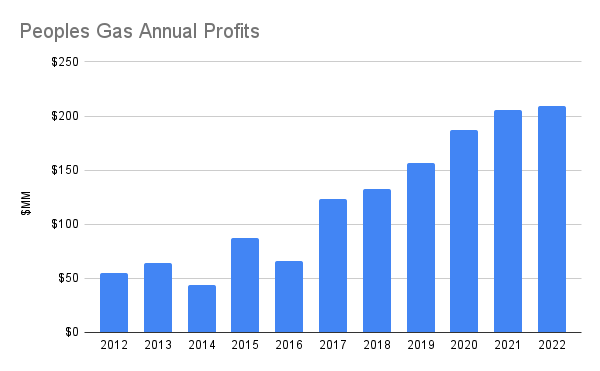
Photo by Staff | TPIN
